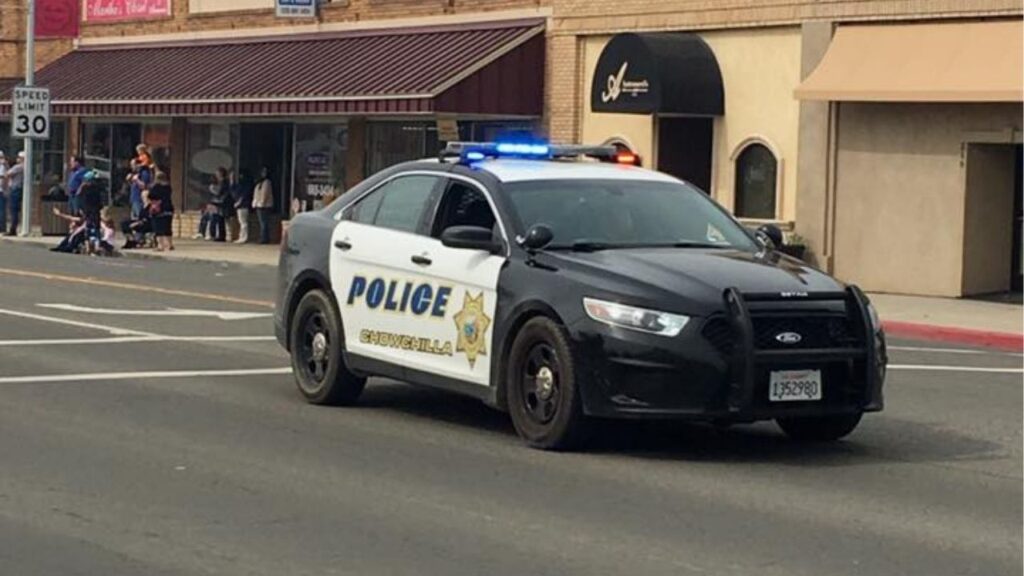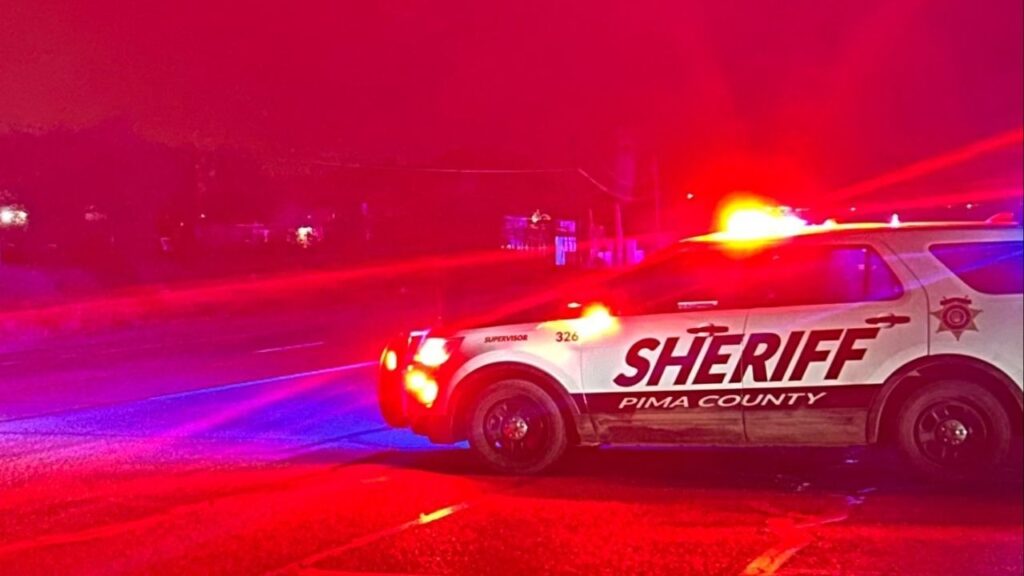Share
Surrounded by Fresno Unified school district leaders and state officials, Gov. Gavin Newsom visited McLane High School in Fresno on Thursday morning to introduce a $4.7 billion investment plan intended to increase mental health services to Californians up to age 25.
The plan, described as ‘California’s Master Plan for Kids Mental Health,’ is focused on hiring, training, and engaging 40,000 new mental health professionals in the hopes of increasing school counselors and psychologists.
“The world that we’re living in today didn’t happen overnight. It’s over the course of decades and decades of neglect that we ended up here across the spectrum,” said Newsom.
“What we are announcing here today is just one component of our comprehensive strategy to systematically connect dots and address the issue of mental health and behavioral health once and for all in this state.”
Who Will Benefit from Newsom’s Mental Health Plan?
The plan to increase the number of mental health professionals across the state includes up to $20,000 in student loan forgiveness and tuition.
In addition, the plan is focused on creating more tools and video content for parents and teachers that would help them identify early warning signs of mental health issues.
FUSD’s Mental Health Services Seen as a Model
The governor chose to unveil his plan at McLane because the school currently provides social-emotiona support services to students with a staff made up of psychologists, social workers, and welfare specialists.
McLane Vice Principal Rebecca Aleman has spent the last eight years as the schools’ restorative counselor, including heading the school’s social-emotional team, and says having an adult on campus focusing on a student’s mental health needs can make all the difference.
“I’ve been told by former students that having a safe adult to turn to who was able to help them get through a difficult time, was sometimes the only reason they continued to show up,” said Aleman. “Thankfully, our district and our school has made providing social-emotional support a priority by investing in the team.
FUSD Superintendent Bob Nelson referenced the school’s $38 million investment in mental health staffing and resources for the 2022-2023 school year that will help add 10 additional clinical social workers for the district’s foster and unhoused youth.
Additionally, the district will add a new high school counselor, and increase mental health staffing from 50 to 200 in the next ten years, said Nelson.
California’s first lady, Jennifer Siebel Newsom, praised McLane for the work being done to provide mental health support to students.
“I’m just so grateful that the governor, and the administration, and legislature have committed this amount, and thank you so much to McLane,” said Siebel Newsom. “You guys are exceptional and you’re going to be our role model and we’re going to have to parade all of your best practices across the state because the rest of the state’s going to have to follow suit pretty quickly.”
The governor’s office reports that a third of 7th and 9th graders and half of 11th graders experienced chronic sadness through the 2020-2021 school year, and estimate that one in 10 kids between the ages of 12 and 17 suffered from at least one major depressive episode in the last year.
A Student’s Battle with Mental Health
McLane senior Aliyah Barajas shared her personal story of attempting self-harm at the age of 10.
She said she’s thankful for friends who told their teacher about what she was doing.
“At the time, I didn’t like the fact that they snitched on me,” said Barajas. “Looking back, I understand why they did that, and that is exactly what we need from students.”
But Aliyah said despite speaking with her teacher and a school administrator, there was no immediate follow-up and her parents were not contacted.
Later, she was referred to a counselor and found support, but stressed the importance of having mental health services available on campus for other young girls that might be experiencing similar feelings of self-harm and depression.
“I’ve gotten the help that I need. However, I feel it’s necessary to say this story in front of this audience, because I know I’m not the first, the last, or the only 10-year-old girl going through this.”

RELATED TOPICS:
Categories

Pentagon to Send 200 Troops to Nigeria


















